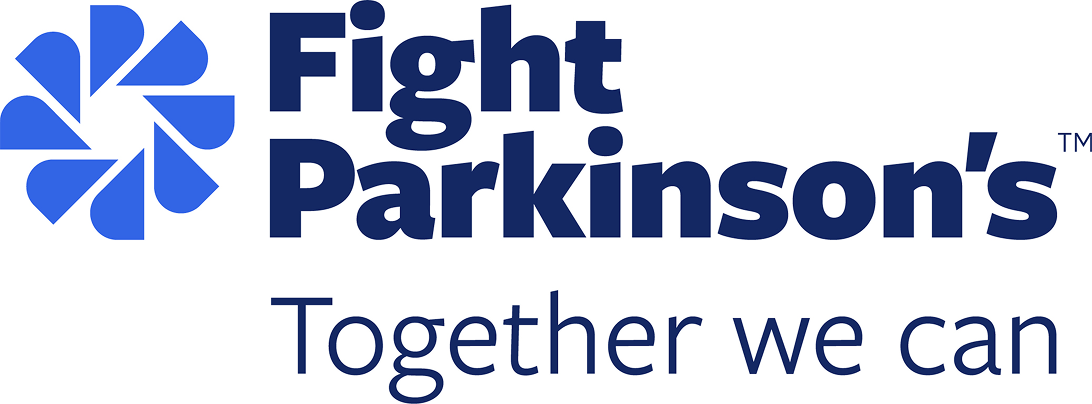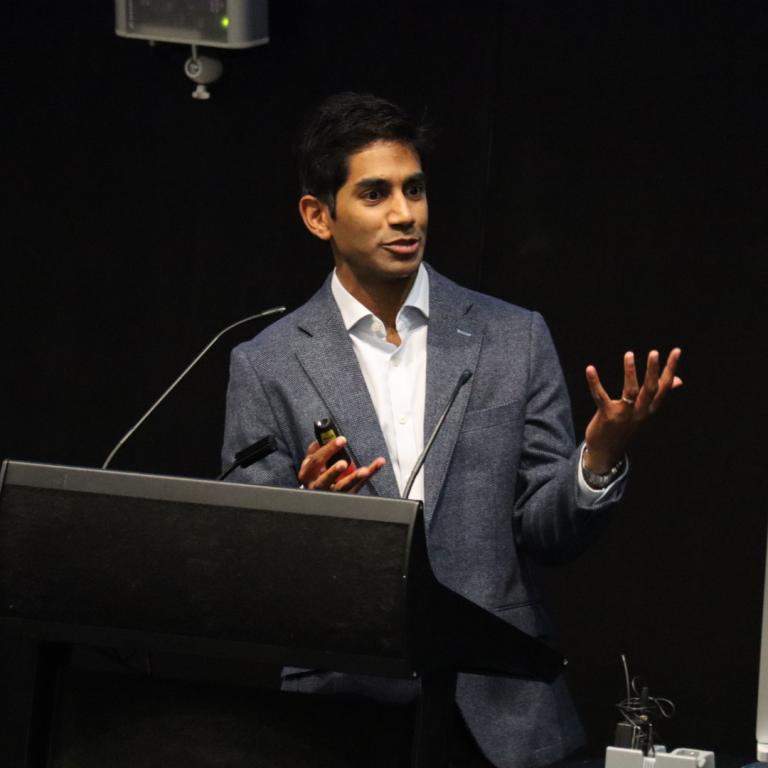
With a 30 years career as an Australian Federal Police (ADF) officer, Tom was leading a team of detectives at his time of diagnosis. It was one of those detectives who first noticed his tremor. His wife also noticed a slowness in his movement.
“So, what do you do with that sort of information? You go immediately to Dr Google,” Tom said.
His symptoms echoed those of Parkinson’s including tremor, changed gait and no sense of smell. After GPs turned him away twice, his wife sent him to her GP, who confirmed he had Parkinson’s.
“I was hit for six. I felt like my world had been ripped apart. I was in such a state that I accidently left the doctor’s without paying,” he said.
Parkinson’s impact on a highly physical career
Tom’s diagnosis had an immediate impact on his career.
“From an occupational health and safety perspective, I knew my career as an operational police officer was effectively over. As an operational police officer I have to carry a gun and you can’t carry a gun if you’ve got Parkinson’s,” he said.
Tom had been proactive in getting confidential assistance from AFP corporate psychologists with the expectation a formal Parkinson’s diagnosis was coming.
“I knew that the AFP would support me, and they said I could have stayed in a non-operational role, but I had an option under my super scheme that I could execute and they respected my decision,” Tom said.
Tom said another important decision was whether to tell colleagues.
“It’s a very personal decision. I could have left and just said ‘I’m resigning’ but I chose to tell people. I actually sent an email to 40 people that I’ve worked with. Everyone was quite supportive,” he said.
“On my final day, I was awarded a medal and again was a very jovial day. It was a great day for me to finish my career after 33 years. A sad way to leave the organisation, but I was happy.”
Building a multi-disciplinary Parkinson’s support team
Tom took his diagnosis on head-first, and it was important to him to have a team of medical professionals helping manage his Parkinson’s.
With the support of his wife, he has always ensured he is at the centre of his care plan.
“You’ve got to be the one who’s in charge,” he said.
Finding Parkinson’s specialists that align with your goals
Tom knew his care would be ongoing, and he was not interested in a medical team he didn’t feel aligned with.
The first neurologist he saw was a generalist who suggested Tom see another neurologist in the practice who specialised in Parkinson’s. Tom now also works with a psychologist who specialises in chronic disease.
“That would be my advice to you – if you’re picking neurologist, pick one that has a speciality in Parkinson’s. If your GP refers you to someone who’s not a specialist in Parkinson’s, Fight Parkinson’s will help you find someone,” he said.
Also on Tom’s team is a physiotherapist who specialises in Parkinson’s – he sought advice from Fight Parkinson’s to help find the right person.
Tom also recommends making time to exercise every day, staying social and enjoying hobbies has also kept him motivated.
“I love building model tanks. It’s challenging sometimes because of my tremor. Sometimes I’ve got to brace myself if I’m painting figurines, but it’s really good for the fine motor skills, so it’s something that’s actually beneficial for me as well as an interest that I have.”
Joining the Parkinson’s community
Tom said he has tried to be active in retirement and is a member of the Eltham Parkinson’s Peer Support group.
Tom believes it is essential to involve your partner and family in managing your disease. The ones you love share in this journey and play a vital role in managing the disease.
Tom knows there are more challenges to come, but the most important thing to him is to live with positivity.
“I want to get the most out of today because obviously the future is never guaranteed, but you’re there to enjoy life and by and large, I’m doing that.”



